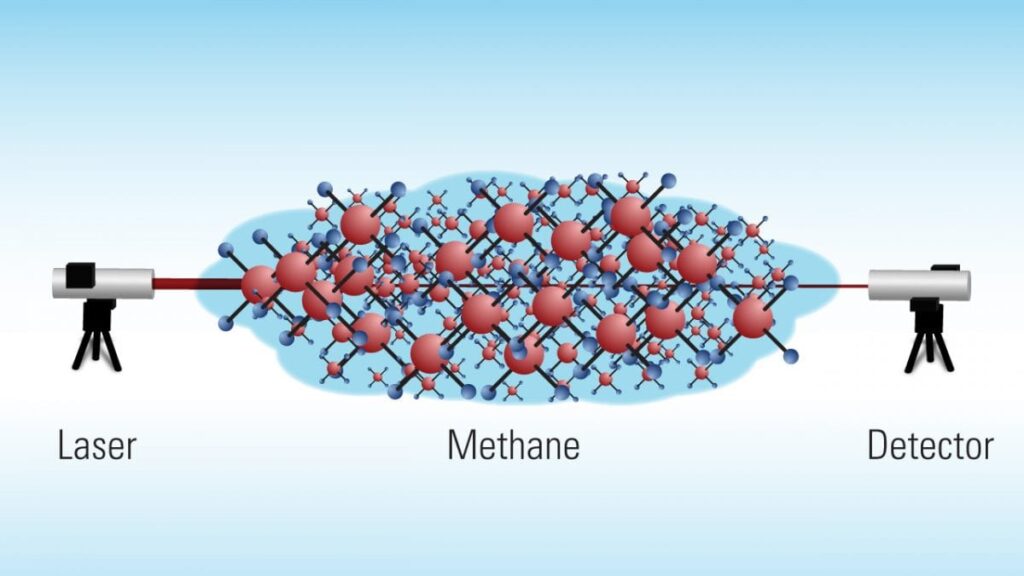The Climate Council has welcomed the Australian Government’s new plan to find accurate ways to measure methane from coal and gas companies, a significant source of climate pollution.

As the Climate Council showed in our recent report, Dangerously Overlooked: Why we need to talk about methane, this powerful greenhouse gas traps 85 times more heat than carbon dioxide over a 20-year period, turbocharging the global warming that’s driving events like last week’s winter heat and record winter temperatures in South Australia.
Climate Council Head of Policy and Advocacy Dr Jennifer Rayner said: “Cutting methane pollution is our best chance to slow dangerous warming this decade. The good news is that we already have the technology to rapidly slash methane from some of its biggest sources, particularly the coal and gas industries.
“Properly measuring Australia’s outsized methane pollution is the crucial first step in making companies cut it. We welcome the establishment of a committee led by Australia’s Chief Scientist to advise on more accurate measurement and reporting methods, as the Climate Council and partners have called for.
“The new committee needs to do this work quickly so that we can get on with the essential next step of making fossil fuel companies cut the methane that is pouring out of their coal and gas mines and processing facilities, and threatening our kids’ futures.”
The government’s proposed actions for improving methane measurement and reporting do not yet deal with Australia’s largest source of methane: agriculture.
“Every sector of our economy needs to slash climate pollution; this is particularly the case for the agriculture sector, which is also one of the most vulnerable to the extreme weather and unnatural disasters that come with a changing climate.
“If agriculture is not going to be brought into the emissions reporting scheme that already covers most other sectors, we need another clear plan to accelerate measurement, reporting and action on methane from industrial-scale farms” Dr Rayner said.

